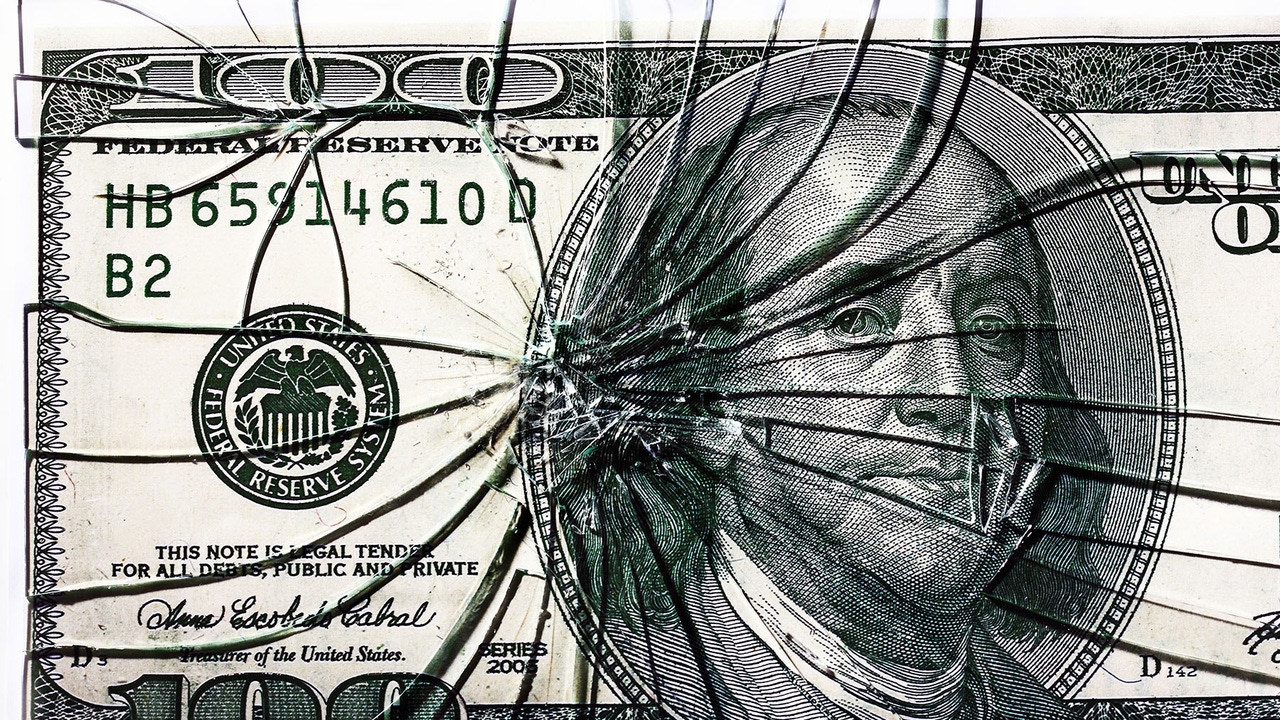A well-regarded economic rule holds that if the unemployment rate rises by half a percentage point quickly enough, the economy is in recession.
Every Rule Has Its Exception. That
May Be
the Case for This Recession Indicator.
Aug 01, 2024, 1:15 am EDT
The current jobless rate stands within a hair’s breath of doing that in Friday’s jobs report, and yet even the creator of the rule, former Fed economist Claudia Sahm, doesn’t expect a downturn right away.
The reason is that some of the expansion in the jobless rate could be created by growth in immigration, says Sahm, who currently serves as chief economist for New Century Advisors. Moreover, the unemployment rate is moving from a historic low to a more normal rate.The Sahm rule is one of several recession indicators that no longer seem to be reliable in today’s postpandemic economy.
- More precisely, the Sahm rule signals a recession when the three-month moving average of the national unemployment rate rises by 0.5 percentage points or more, relative to its low during the previous 12 months.
- The indicator hit 0.43 percentage points in June after the unemployment rate hit 4.1%, on the brink of the threshold.
“I expect the unemployment rate to drift up further this year. I expect that the Sahm rule will trigger—we’re not very far from it,” says Sahm.
Sahm says the rule is likely broken this time around because the pandemic years haven’t followed the normal patterns of a recession and recovery business cycle.
But it’s also just as clear that there’s some real “garden variety” unemployment increases occurring as well, Sahm says.
- So rising unemployment cannot be shrugged off.
“The story is complicated,” Sahm says of the current labor conditions.
Write to Megan Leonhardt at megan.leonhardt@barrons.com



.jfif)
.jfif)



![Jobs report could trigger closely watched recession indicator [Video]](https://s.yimg.com/ny/api/res/1.2/NJcvmstC6axBr0GAYP2b0Q--/YXBwaWQ9aGlnaGxhbmRlcjt3PTEyMDA7aD04MDA-/https://media.zenfs.com/en/aol_yahoo_finance_433/1f5e5a16f4a7e6f60dce2a07bfe6a0c7)


No comments:
Post a Comment